Cocaine Bear and other intoxicated critters: the ‘true-ish’ story behind US box-office hit
The ‘horror-comedy’ took $23m on its opening weekend despite being panned by critics
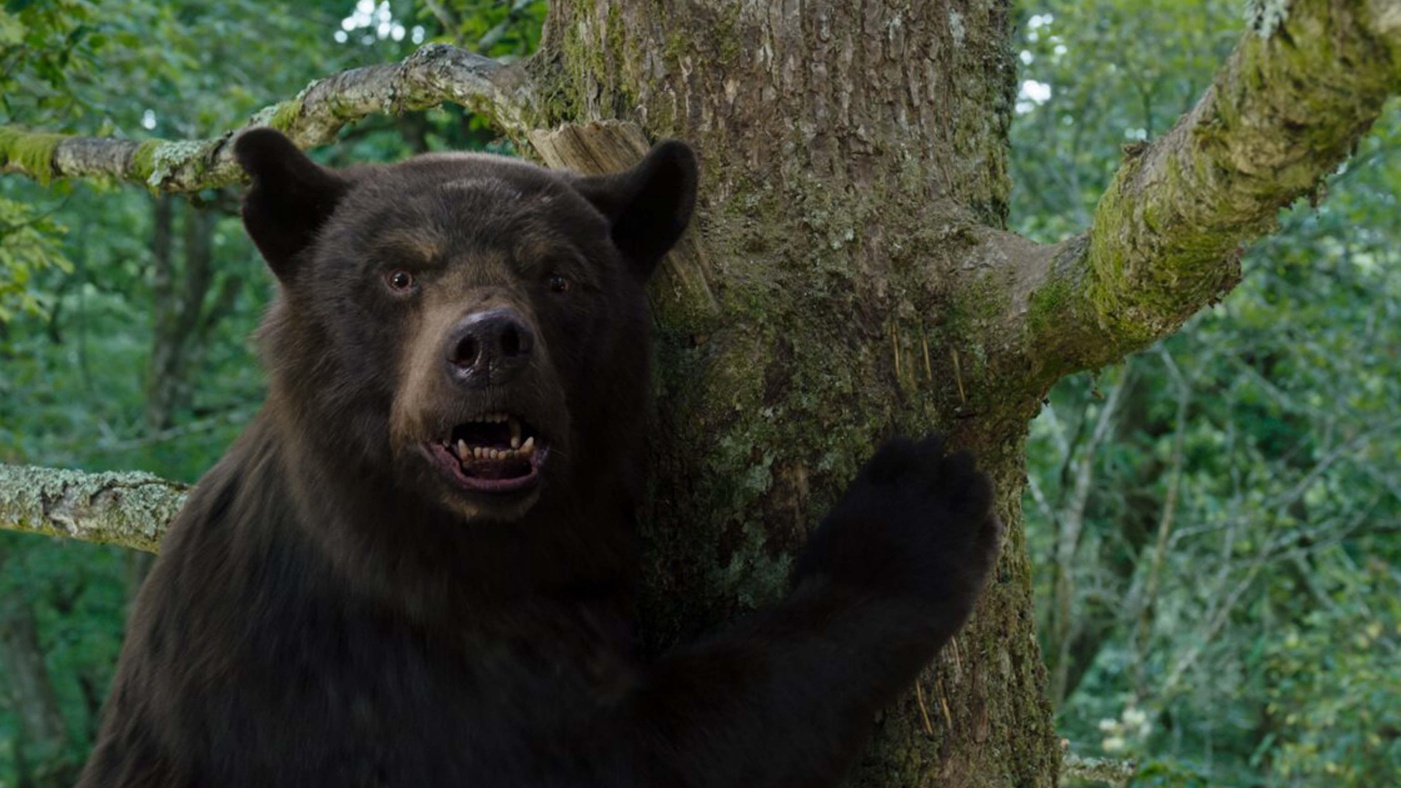
A free daily email with the biggest news stories of the day – and the best features from TheWeek.com
You are now subscribed
Your newsletter sign-up was successful
Offbeat movie Cocaine Bear, which follows an American black bear’s cocaine-fuelled rampage, has proved to be an unexpected hit at box offices across the US.
“Universal’s horror-comedy… blew past box office projections”, said Variety, earning an impressive $23m from 3,534 North American cinemas on its opening weekend, and ranked second at the global box office, behind only Disney/Marvel’s Ant-Man and the Wasp: Quantumania.
Directed and produced by Pitch Perfect’s Elizabeth Banks, Cocaine Bear is “literally an entire film about a bear that goes on a mad rampage after ingesting a load of cocaine and it sounds absolutely wild”, said Cosmopolitan. But while cinema-goers might rightly be “a little sceptical at first”, early viewers have been “loving” the “truly chaotic” film.
The Week
Escape your echo chamber. Get the facts behind the news, plus analysis from multiple perspectives.

Sign up for The Week's Free Newsletters
From our morning news briefing to a weekly Good News Newsletter, get the best of The Week delivered directly to your inbox.
From our morning news briefing to a weekly Good News Newsletter, get the best of The Week delivered directly to your inbox.
The ‘true-ish’ story behind the film
The film is “partially based on true-ish events”, said Morning Brew, taking inspiration from a 1985 incident in which a drug dealer attempted to smuggle $15m worth of Colombian cocaine into the United States.
The dealer, a former narcotics officer named Andrew C. Thornton II, “opened his parachute too late”, said The Washington Post, after dropping 75lb of cocaine from a plane along the Georgia–Tennessee border.
It sent the 40-year-old into a “free fall from thousands of feet” and ultimately crashing into a backyard in Knoxville, “instantly killing” the dealer who was found wearing “a bulletproof vest, night-vision goggles and Gucci loafers”.
Months later, authorities discovered that a 175lb bear had found one of Thornton’s bags of cocaine and started eating it. The bear died “of what the coroner described as a stomach ‘literally packed to the brim with cocaine’”, creating a local legend that would eventually form the basis of the Cocaine Bear film.
A free daily email with the biggest news stories of the day – and the best features from TheWeek.com
What the critics said
The movie hasn’t exactly been a smash hit with UK film critics. The Telegraph gave the film one star, calling it an “asinine ursine romp” that proved to be a “Class A disappointment”, adding that it “doesn’t so much insult its viewers’ intelligence as actively libel it”.
The BBC’s Nicholas Barber gave the film a more generous two stars, but said viewers are likely to find themselves wishing the film could fulfil the “gonzo potential” promised by its “in-your-face title”. This “strangely timid” movie quickly “loses momentum”, said Barber.
The film has won more acclaim online, however, with Twitter users praising its offbeat subject matter and casting.
“Thanks to a super-funny ensemble cast, a funnier script, and great direction from @ElizabethBanks, #CocaineBear is a f**king hit. This movie is absurd in all the right ways & just flat-out funny as hell. Long live Cocaine Bear & above all, long live Ray Liotta,” wrote one user.
Another Twitter user wrote that Cocaine Bear “is exactly what you’d expect it to be, dumb fun!” Producer Steve Barton wrote that Cocaine Bear was his “favourite movie of 2023” and that he “loved every second”.
Stoned raccoons and other intoxicated critters
The Cocaine Bear “is not the only animal that has gotten into trouble and eaten something they shouldn’t have” of late, said the Daily Mail. And in the wake of the film’s release, wildlife experts have shared their encounters with intoxicated animals with The New York Times.
Gibsons Wildlife Rehabilitation Center, in Gibsons, British Columbia, took in a “dazed raccoon” after it was discovered in a back garden in 2018. Laboratory testing revealed the animal had “recently ingested marijuana and benzodiazepines”.
The rescue centre took in the raccoon until he had recovered from his drug-fuelled daze. “Suddenly he was alive and, you know, [he was like]: ‘Let me go home.’ So we released him,” said co-founder Irene Davy. She added that the animal was likely to have eaten edibles or a discarded end of a joint left in rubbish.
Vets in the US have also warned that they are seeing more cases “in which dogs have gobbled down edibles and discarded marijuana” in areas where the drug has been legalised, added the paper.
But humans “are not always the source of intoxicants”. Think Wild Central Oregon, which runs a wildlife hotline and hospital, regularly treats small birds such as cedar waxwings after they have become intoxicated from eating large amounts of fermented berries. “They look pretty wobbly,” said Molly Honea, and many “end up striking windows”.
Honea said that the treatment was to “stick them in the oxygen tank and get them rehydrated” before releasing the birds back into the wild.
Sorcha Bradley is a writer at The Week and a regular on “The Week Unwrapped” podcast. She worked at The Week magazine for a year and a half before taking up her current role with the digital team, where she mostly covers UK current affairs and politics. Before joining The Week, Sorcha worked at slow-news start-up Tortoise Media. She has also written for Sky News, The Sunday Times, the London Evening Standard and Grazia magazine, among other publications. She has a master’s in newspaper journalism from City, University of London, where she specialised in political journalism.
-
 The ‘ravenous’ demand for Cornish minerals
The ‘ravenous’ demand for Cornish mineralsUnder the Radar Growing need for critical minerals to power tech has intensified ‘appetite’ for lithium, which could be a ‘huge boon’ for local economy
-
 Why are election experts taking Trump’s midterm threats seriously?
Why are election experts taking Trump’s midterm threats seriously?IN THE SPOTLIGHT As the president muses about polling place deployments and a centralized electoral system aimed at one-party control, lawmakers are taking this administration at its word
-
 ‘Restaurateurs have become millionaires’
‘Restaurateurs have become millionaires’Instant Opinion Opinion, comment and editorials of the day
-
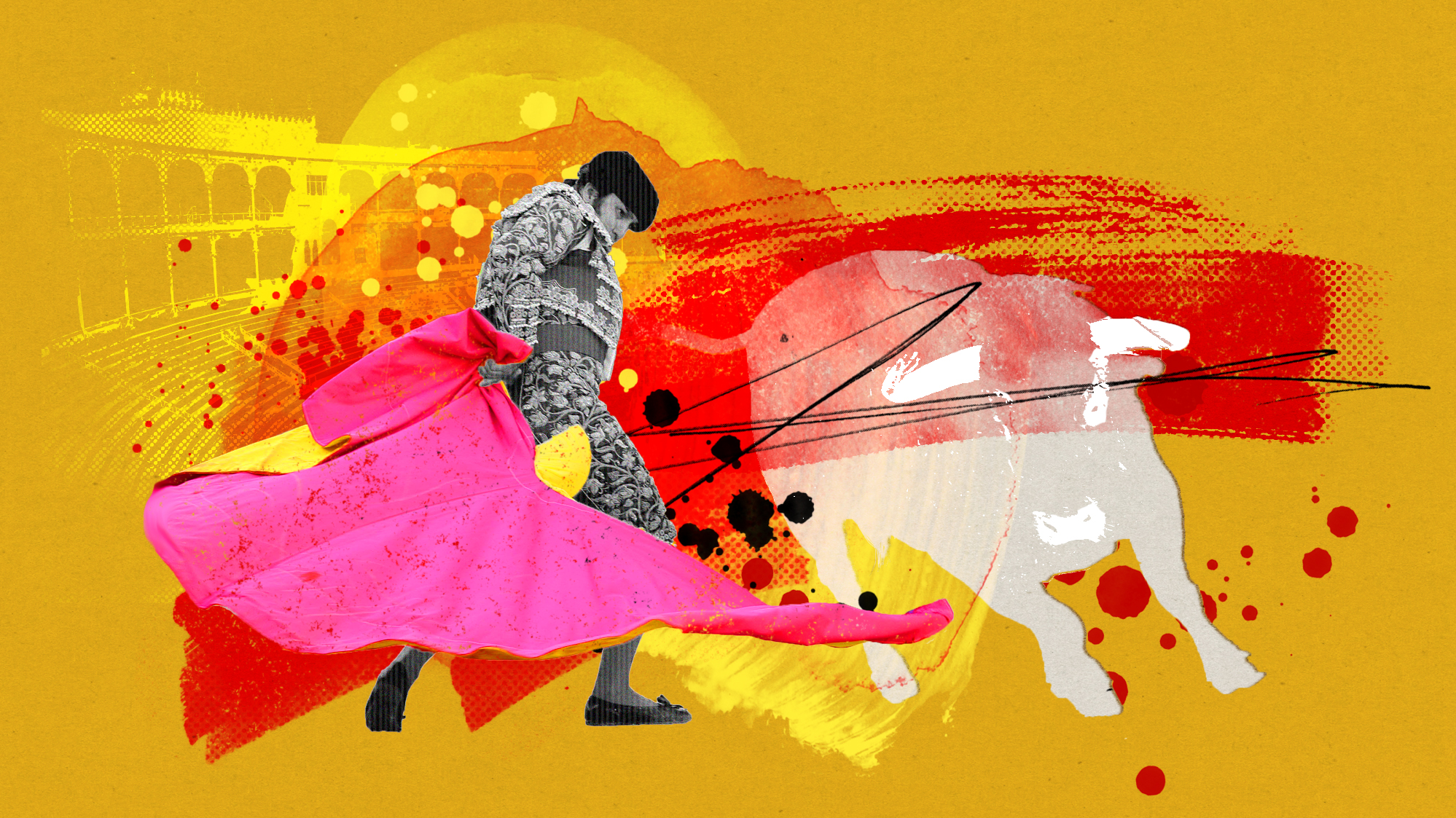 Spaniards seeing red over bullfighting
Spaniards seeing red over bullfightingUnder the Radar Shock resignation of top matador is latest blow in culture war over tradition that increasingly divides Spain
-
 Primatologist Jane Goodall dies at 91
Primatologist Jane Goodall dies at 91Speed Read She rose to fame following her groundbreaking field research with chimpanzees
-
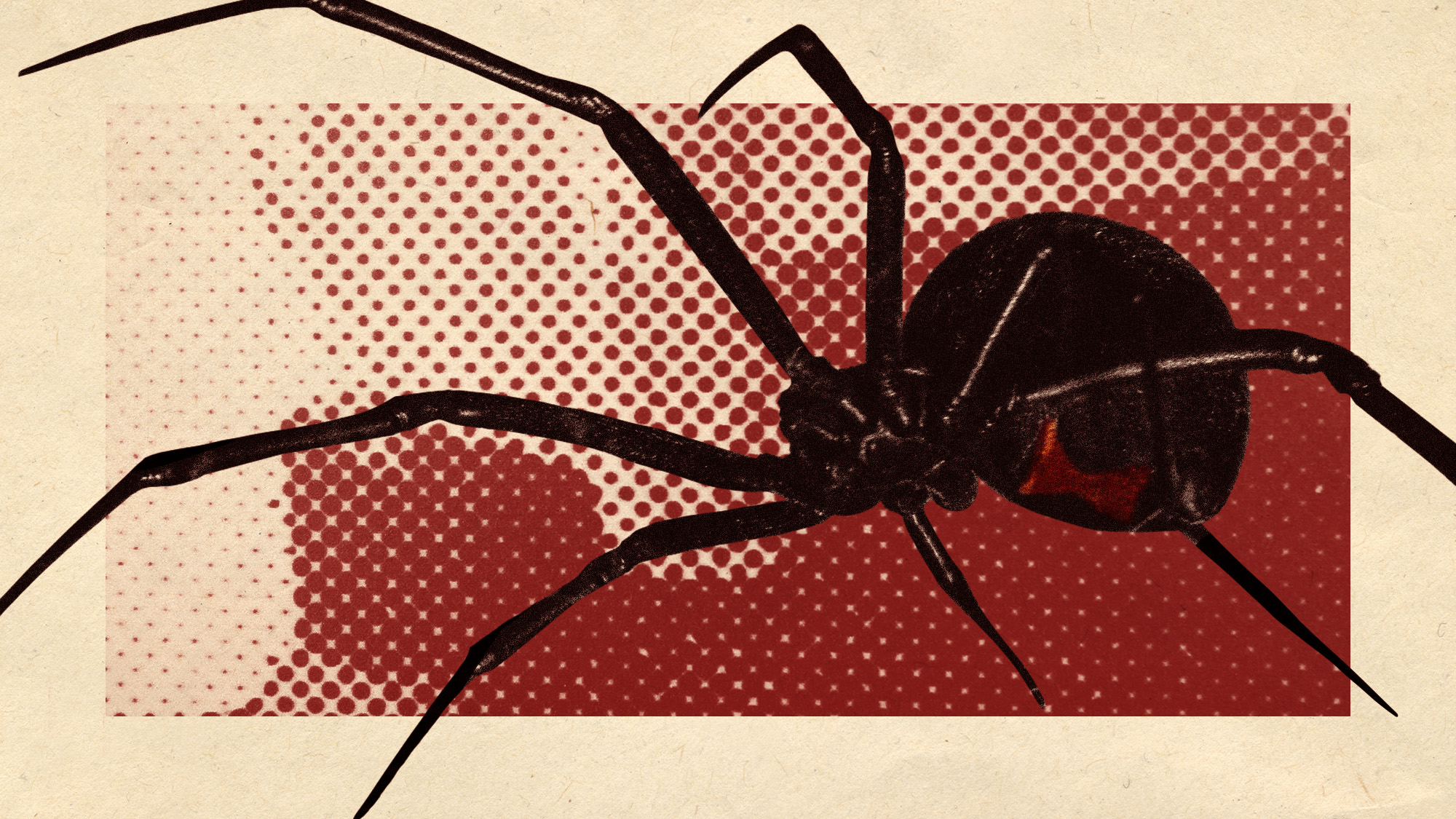 6 of the scariest spiders in existence
6 of the scariest spiders in existenceThe Explainer These 8-legged critters can cause serious harm
-
 5 animated hotels where the wild things very much are
5 animated hotels where the wild things very much areThe Week Recommends Elephants and giraffes and penguins, oh my!
-
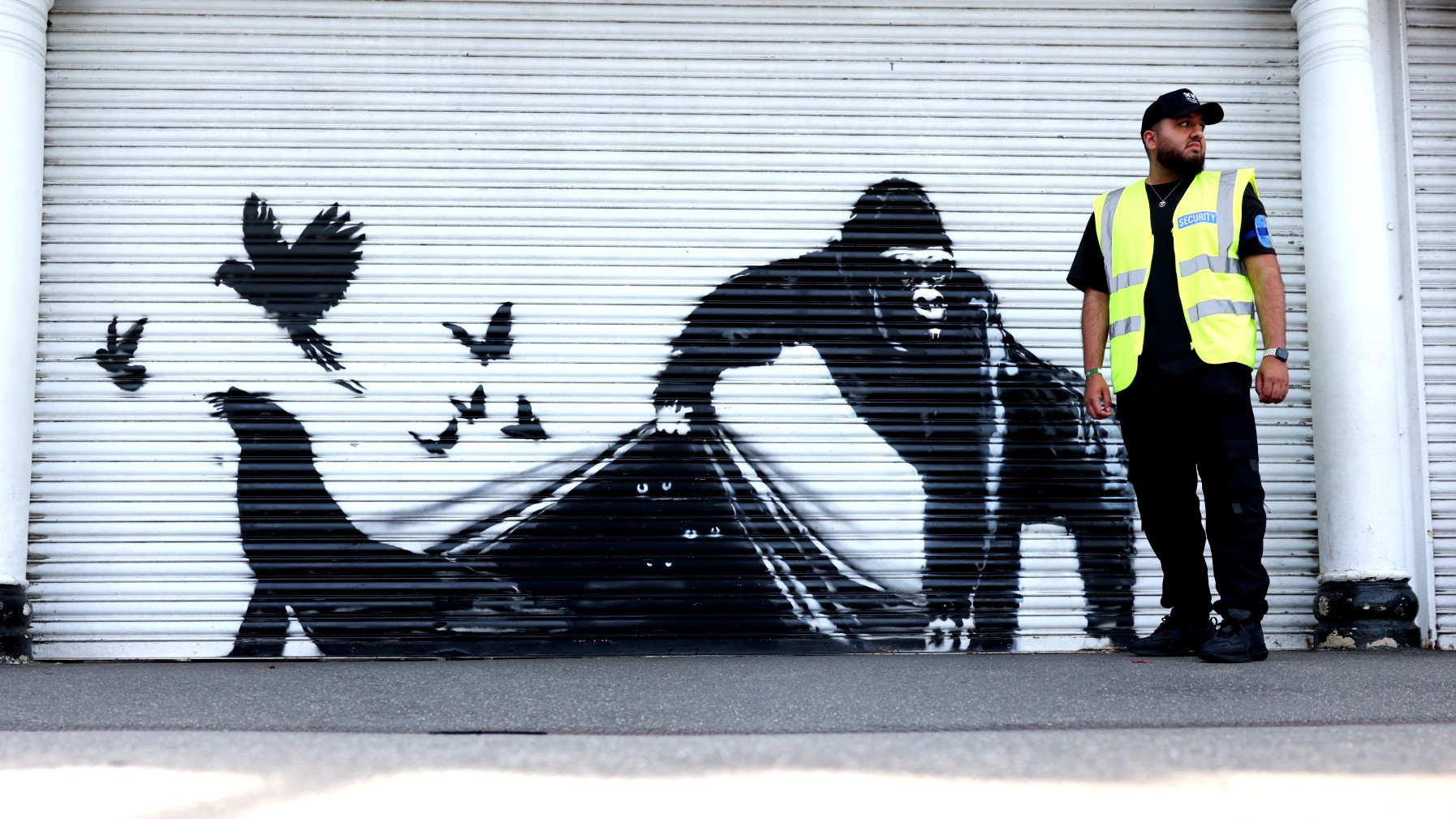 Banksy's animal art: method to the mystery?
Banksy's animal art: method to the mystery?In the Spotlight Elusive artist's daily series in London sparks joy – and widespread speculation about its meaning
-
 5 cities known for their animal residents
5 cities known for their animal residentsThe Week Recommends From penguins in Cape Town to pandas in Chengdu
-
 The travel essentials your pet needs to sail through any adventure
The travel essentials your pet needs to sail through any adventureThe Week Recommends Make traveling with your dog or cat anything but ruff
-
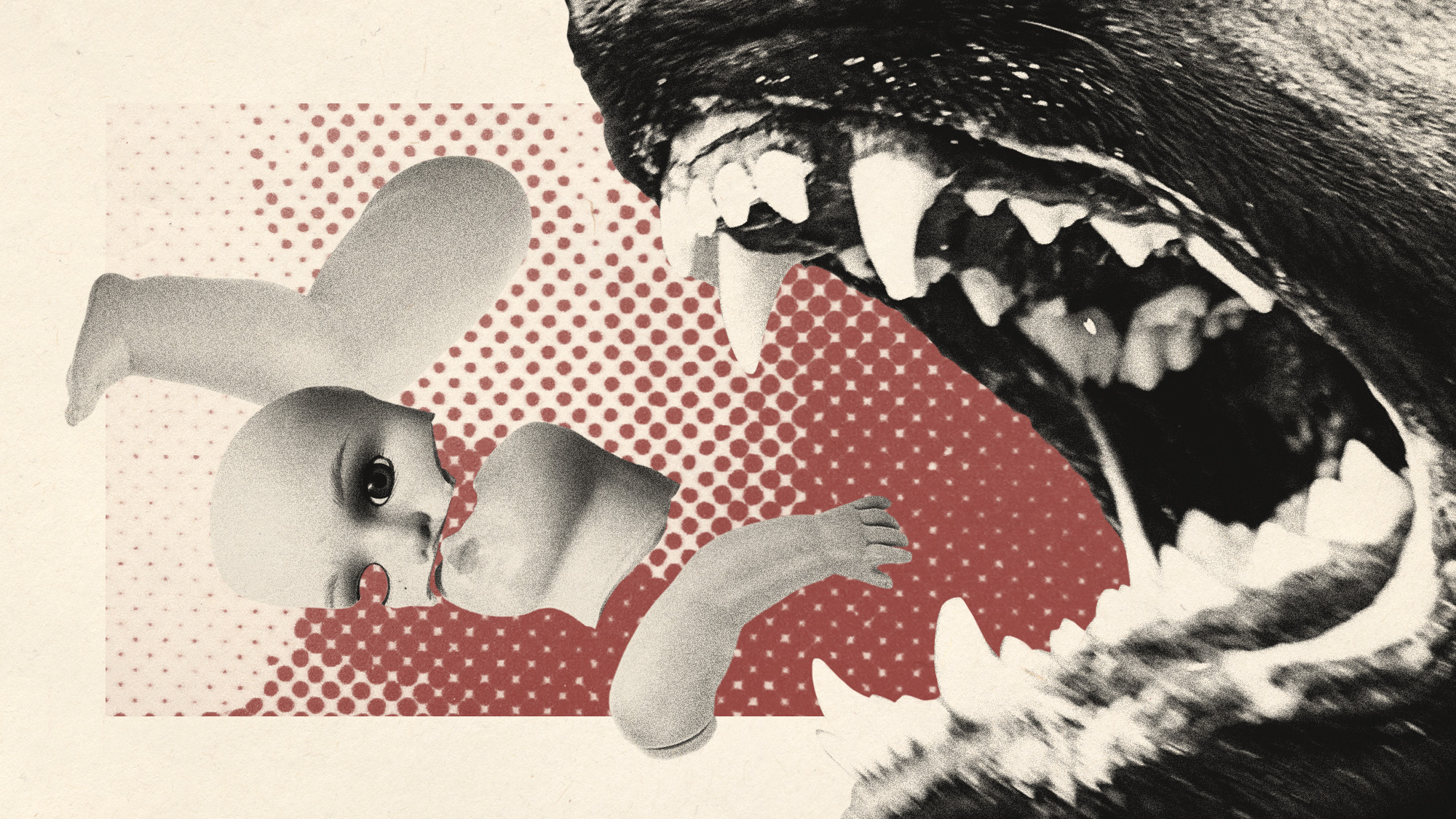 Dog attacks are on the rise
Dog attacks are on the riseUnder the Radar The number of fatal dog attacks has more than doubled in the past decade, according to the CDC